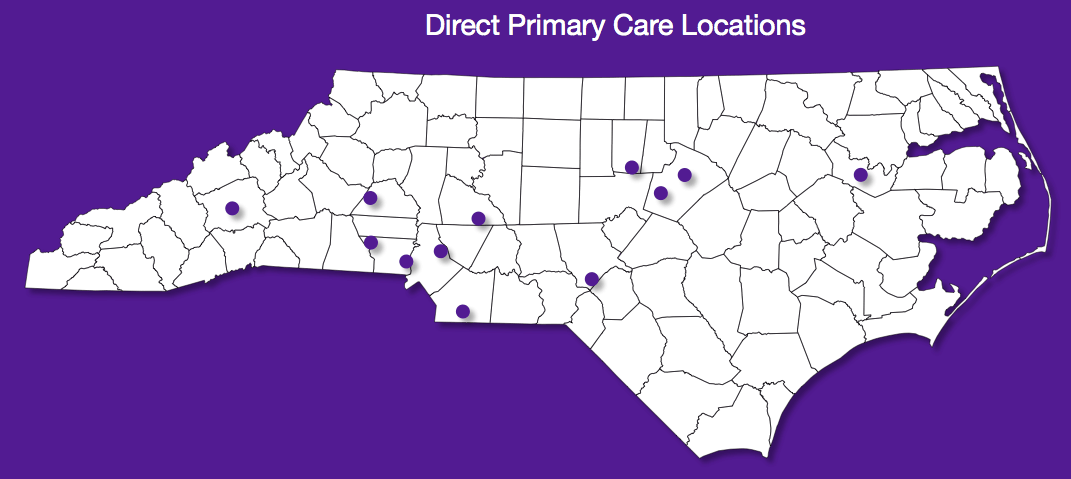The excessive amount of bureaucracy that has been entrenched in our nation’s health care system is curiously pushing medical providers to channel this negative energy into positive solutions — ones in which physicians are severing their relationships with insurers to spend more time with their patients.
The business model is known as direct primary care (DPC). In exchange for a monthly fee that covers a defined package of services, patients have unlimited access to their physicians. DPC is similar to concierge medicine, but the key difference is that these practices deliver basic health care at an affordable price with no insurance billing.
DPC restores the traditional doctor-patient relationship. By cutting the 40 percent of overhead that is normally spent on getting paid by insurance companies, primary care providers can devote up to hour-long appointments to their patients and deliver care at a fraction of the cost. Industry-widedata show that average monthly memberships vary from $25 to $85. In return, patients can schedule same-day appointments and receive services that may include but are not limited to comprehensive annual physicals, EKG testing, joint injections, laceration repairs, and skin biopsies.
Since DPC typically doesn’t deal with insurance, many may be wondering how it can thrive now that Obamacare requires individuals and employers to purchase government-approved health plans that cover preventative care. Interestingly, the federal health law does endorse DPC as long as it is accompanied by catastrophic policies that include benefits outside of primary care.
So, if a patient purchases a "wraparound" plan and seeks care through a DPC practice, the individual mandate is fulfilled.
Fortunately, North Carolina ranks as one of the top DPC-friendly states. Unlike other state legislatures, ours does not subject these practices to government rate-setting, capped patient numbers, or a limited menu of services. To date, there are about twelve practices in the state, located between Asheville in the west and Williamston in the east.

Although DPC in North Carolina doesn’t face burdensome state regulatory obstacles, it’s important for local policymakers to tout the value direct care brings to patients. It would also be ideal for state government officials to allow any willing direct care doctor to partake in the state’s recently passed Medicaid reform, since the delivery model aligns with North Carolina’s initiative to reward providers for improving low-income patient health outcomes within a defined budget. After all, primary care represents 75 percent of health care.
Click here for the Health Care Update archive.
You can unsubscribe to this and all future e-mails from the John Locke Foundation by clicking the "Manage Subscriptions" button at the top of this newsletter.




